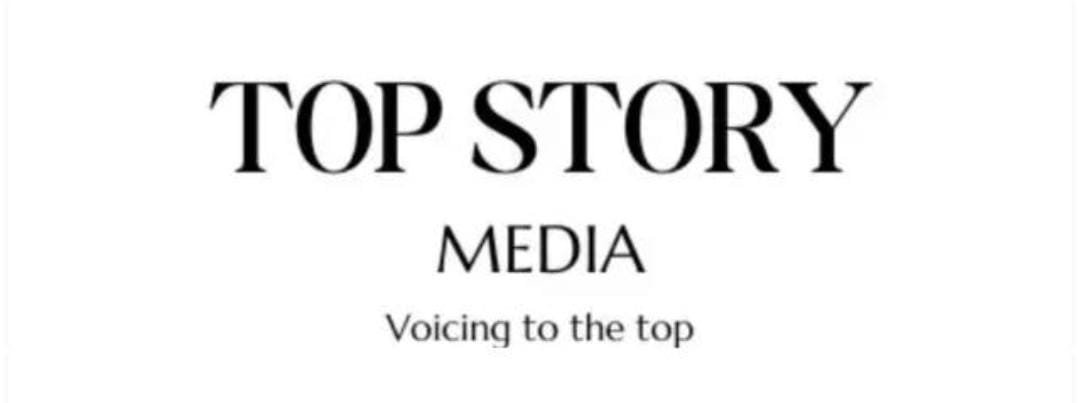
The Canary Wharf business district is seen in the distance behind autumnal leaves on October 09, 2024 in London, United Kingdom.
Dan Kitwood | Getty Images News | Getty Images
LONDON — Inflation in the U.K. dropped sharply to 1.7% in September, the Office for National Statistics said Wednesday.
Economists polled by Reuters had expected the headline rate to come in at a higher 1.9% for the month, in the first dip of the print below the Bank of England’s 2% target since April 2021.
Inflation has been hovering around that level for the last four months, and came in at 2.2% in August.
Core inflation, which excludes energy, food, alcohol and tobacco, came in at 3.2% for the month, down from 3.6% in August and below the 3.4% forecast of a Reuters poll.
Price rises in the services sector, the dominant portion of the U.K. economy, eased significantly to 4.9% last month from 5.6% in August, now hitting its lowest rate since May 2022.
Core and services inflation are key watch points for Bank of England policymakers as they mull whether to cut interest rates again at their November meeting.
As of Wednesday morning, market pricing put an 80% probability on a November rate cut ahead of the latest inflation print. Analysts on Tuesday said lower wage growth reported by the ONS this week had supported the case for a cut. The BOE reduced its key rate by 25 basis points in August before holding in September.
A fall in the British pound following the publication on Wednesday suggested more dovish expectations for the BOE, with sterling down 0.5% against the U.S. dollar at $1.301, while the British currency moved 0.38% lower against the euro.
“These figures provide reassurance that the U.K. has moved into a more moderate inflation environment, aided by lower fuel prices,” Suren Thiru, economics director at the Institute of Chartered Accountants in England and Wales, said in a note, with the “notable drop” in services inflation indicating “underlying price pressures are becoming less sticky.”
Thiru nevertheless added that British inflation could reverse its decline in October because of an increase in the regulator-set energy price cap, while the BOE will wait to assess the U.K. Labour government’s keenly-awaited debut budget at the end of the month for any potential inflationary impact before locking in a course.
Crafting High-Ranking Web with SEO Expertise.




